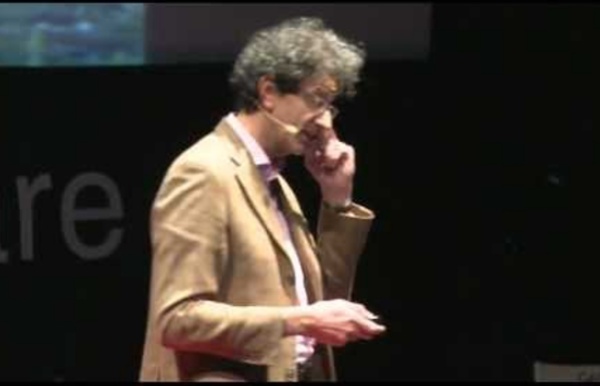



http://www.youtube.com/watch?v=9oZUMzQDaw8
Related: Method & Management (work job oops) • bonheur en entreprise • Entreprises Libérées • OCTO Technology • Entreprise LibéréeDo-ocracy - OSGeo A do-ocracy (also sometimes do-opoly, which is a more obvious pun on “duopoly”) is an organizational structure in which individuals choose roles and tasks for themselves and execute them. Responsibilities attach to people who do the work, rather than elected or selected officials. From: The OSGeo Way of Doing Things OSGeo has adopted a do-ocratic way of getting things done. The OSGeo Do-ocracy is implemented following some simple rules:
The Manager's New Role - Vineet Nayar by Vineet Nayar | 12:14 PM August 8, 2011 “My children don’t seem to need me anymore,” a friend complained to me the other day. That isn’t unusual; I often hear parents express their concerns about how little their children learn from them nowadays or ask them questions.
Birds of a feather (computing) In computing, BoF (birds of a feather) can refer to: An informal discussion group. Unlike special interest groups or working groups, BoFs are informal and often formed in an ad hoc manner. The acronym is used by the Internet Engineering Task Force (IETF) to denote initial meetings of members interested in a particular issue.A BoF session, an informal meeting at conferences, where the attendees group together based on a shared interest and carry out discussions without any pre-planned agenda. Gallup's StrengthsFinder Personality Test Preparation - Practice4Me Job seekers have become highly competitive, with the percentage of college graduates in the work world at an all-time high. With this information, how do we determine the best fit candidate? “What do you consider to be your strengths?” is one of the most common questions asked during job interviews.
Which Programming Languages Use the Least Electricity? – The New Stack Can energy usage data tell us anything about the quality of our programming languages? Last year a team of six researchers in Portugal from three different universities decided to investigate this question, ultimately releasing a paper titled “Energy Efficiency Across Programming Languages.” They ran the solutions to 10 programming problems written in 27 different languages, while carefully monitoring how much electricity each one used — as well as its speed and memory usage.